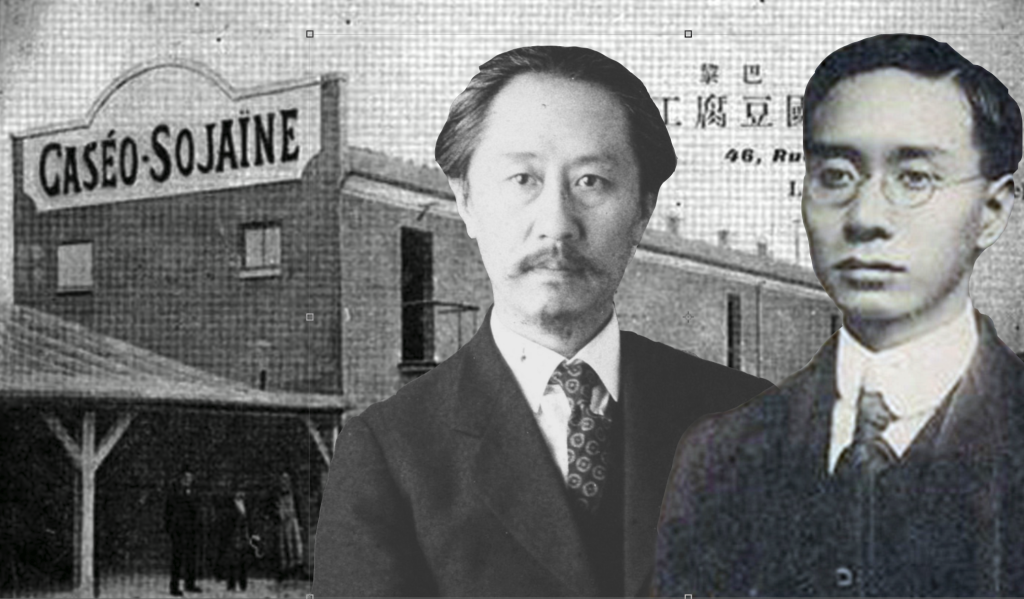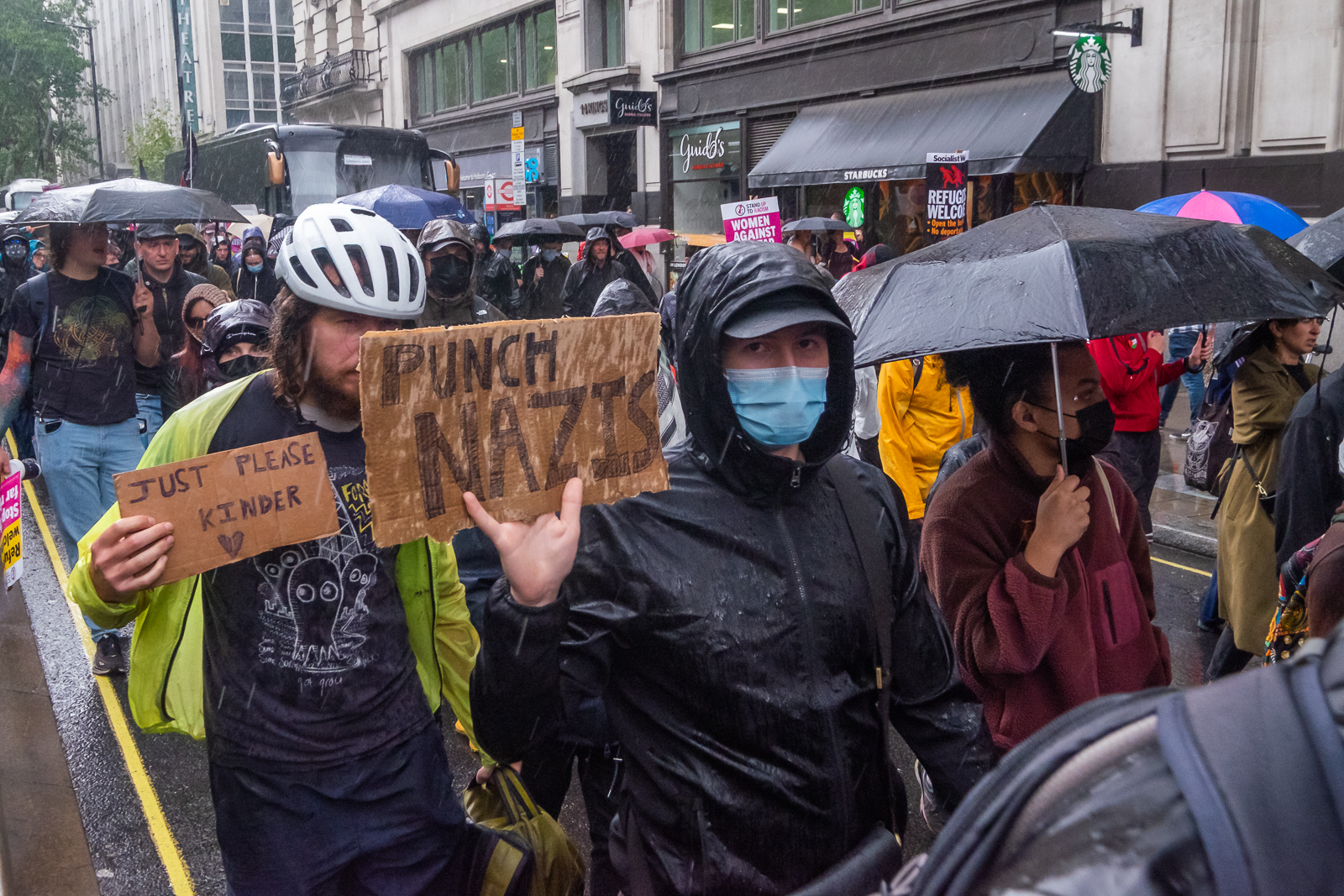There is a very obvious article to reprint from the October 1914 issue of Freedom, which is precisely why I’m selecting a different one.
~ Rob Ray ~
The obvious article is ‘A Letter on The Present War’, an infamous piece by Peter Kropotkin in which he called on anarchists to “to do everything in one’s power, according to one’s capacities, to crush down the invasion of the Germans into Western Europe.” Freedom was somewhat grudging in its publishing of the venerable theorist’s lengthy piece, making sure to highlight that it was a personal letter rather than representative of the group and burying it on page four.
The letter, obviously, was somewhat controversial, going against both the broad anti-war analysis Freedom had been putting out as international tensions rose, and Kropotkin’s own writing from the years before. The fallout from its publication, in which the movement suffered a partial split between a majority anti-war position and the group who eventually wrote the Manifesto of the Sixteen, is however well covered elsewhere (indeed, on this very website), and the full letter has been reproduced many times.
But internecine arguments over the best path to take in Europe were not the only thing happening in October, 110 years ago. In China there was a significant socialist movement taking place, with a not-incosiderable anarchist influence both inside and outside the country, particularly from the Paris Group. Writing in Freedom, “P G” talks about the then-recent history of anarchism and socialism in China, expressing frustration at the socialists’ lack of organisation and repression by both the forces of the second revolution and the Portuguese. His approving mention of Sifo and interest in Esperanto is characteristic of many Chinese anarchists of the time, the former being well known in the movement and regarded today as something of a Chinese Proudhon.
Anarchism in China
Anarchism in China is in its infancy, but, in comparison with the last two years, it seems, to make marked progress at present. State socialists, whose number is estimated at 400,000 (!), begin to throw off their false ideas and join us and most of the students who know some#thing about the idea of evolution become, gradually interested with the Anarchist movement.
We would have made more progress if we were not hindered by the second revolution — partly Yuan-Shi-Kai, and partly the so-called political revolutionists. Yuan-Shi-Kai is, of course, a great monster; but the idea of the political revolutionists is also ridiculous. Among them there may be some men who are extremely fervid, but, as far as I can see, what their leaders do is nothing more than farcical. If Yuan-Shi-Kai is knocked down, his position, I can give assurance, will be taken by a second Yuan-Shi-Kai. They will then seize the high offices of State, pocketing what they can lay their hands on, and we people will suffer miserably and be exploited as before.
All around us are opponents and obstacles, but, as was said in Freedom, we do not know failure or defeat, but go on our way until our ideal is realised.
In China true anarchists are scarce; but there is one whom I ‘regard as an excellent comrade. It is Mr Sifo. He is a man of 28, having one of his hands lost, caused by the explosion of bombs which he intended to throw on the Manchu admiral in the previous revolution about the year 1906.
I am only in my nineteenth year; I know I am too young, so I desire to acquire more scientific knowledge. My ardent desire is to come to England or France and study, but am hindered by a single reason — financial difficulty. Isn’t it the most unequal and unhappy thing that one can’t have the right to be educated only because he is poor? And is it possible to delay the social and economical revolution when those exploiters are continuing with all their might to destroy us?
The day of the Anarchist Congress is approaching. I am very sorry that I have nothing to report, yet, I cannot refrain from asking you to convey my idea to the Congress. The existence of so many languages at present is a great hindrance to the progress of the world, and to the anarchists it is the worst, so I advise all anarchists to take up the course of Esperanto and study. The reason why there are so few Chinese or Japanese who know “What is Anarchism?” is because there are not many pamphlets about anarchism printed in Chinese or Japanese, so if a Chinese or Japanese wants to have some knowledge about anarchism he must know foreign languages, read foreign pamphlets, and communicate with foreigners.
The study of foreign languages is not an easy task. In studying English, it requires five or six years before a Chinese or Japanese can read an English, newspaper; and if he wants .to have a common knowledge of the French language, he has to spend seven years. Besides, there are still German, Italian, Spanish, etc. Is it possible to learn so many languages? I am sure no one will say “possible.” So, Esperanto is the most convenient thing for the Orientals and for anarchists also.
I beg also to define briefly the history of anarchism in China.
About the year 1907, Chinese students in Paris published a weekly gazette named La Nova Tempo. It was an organ of Chinese revolutionists against the Manchu government, and its opinion was wholly on Anarchism, the editors being Mr Li-Yu-Ying, the founder of the world-famed “Beancurd Company” in Paris, and Wu-Che-Vai. Mr Li translated many books on anarchism, such as Mutual Aid, The State, etc. Law and Authority, A Talk about Anarchist Communism between Two Workers, An Appeal to the Young etc, have also been translated. This gazette lasted for three years, and in 1910 it disappeared. Mr Li spent several hundred thousand dollars in these affairs, entirely on his own cost, for his grandfather had been the Prime Minister of the Manchu dynasty. Although Mr, Li and his comrades did their best to propagate the anarchist ideal, yet there was very little effect, the chief reason being that their paper was published far away from China — in Paris.
Since the disappearance of La Nova Tempo there existed not a breath of the anarchist ideal, until in 1911 the revolution broke out when Kiang-Kou-Fu founded the Socialist Party in Shanghai. At the same time, in Canton, Mr Sifo started the “Fujmin Lernejo” and the “Conscience Group,” a free federation, wholly on individual morality. Its prospectus is thus:— (1) Not to take meat (2) not to,smoke, (3) not to drink wine or spirits, (4) not to use servants, (5) not to use rickshaws (vehicles for passengers drawn by human hands), (6) not to marry — free love, (7) not to use surname (in China, surname is a great necessity in family), (8) not to occupy himself as an official, (9) not to occupy himself in Parliament, (10) not to join a political party, (11) not to enter military circle, (12) not to enter religious circle.
Siio also published many books and pamphlets for propagation, and some 30,000 copies have been distributed free.
At that time Kiang-Kou-Fu had a wonderful career. According to his report, there were over 40 branches of the Chinese Socialist Party, and the number of its members some four hundred thousand. But, strange to say, less than one in a thousand of that number know what socialism is. It is a wonder, for their leader, Kiang-Kou-Fu himself, is always confused with socialism. Seeing this, a minority of the said Chinese Socialist Party became aroused, and so started another new Socialist Party in opposition to the old one, which was then very near to a political party in character. Shortly after its birth, the new Socialist Party was suppressed, arid the following year that old one shared the same fate, in the time of the Second Revolution.
By this time, China was in a very confused and shocking state. The revolutionists were defeated, everywhere the people were threatened with arrests and shots, and in Canton arrests were made several times a day. All around the city were brutal spies, and one who had a breath of complaint would soon find himself in conflict. Those arrested were shot. But at this time we went on with our work. We had a printing machine, so we composed and printed for ourselves. The first and second copy of La Voco de la Popolo (Voice of The People in Esperanto) had been published, when early one morning news reached us that we were to be arrested and that our last moment was approaching!.
We then took counsel, and after everything was in good order we sailed for Macau, with a hope that we could continue the propagation of the anarchist ideal. But, unfortunately, we suffered a second suppression, this time by the Portuguese government. Being quite disappointed, I sailed to the Malaya; and after a month, Sifo removed to Shanghai. La Voco de la Popolo is reappearing, but published secretly.
The Chinese Socialist Party lies scattered and dispersed. Of the 400,000 members there remain only 20 or 30 persons who dare to talk about socialism, and some of them are beginning to combine with us. The leader has fled to America. As to the new Socialist Party, the leader has been shot, and the members begin to throw off their false ideas and join us
~ P G
Singapore
Pic: Li Yu-Ying’s beancurd factory, Mr Li, and Sifo








